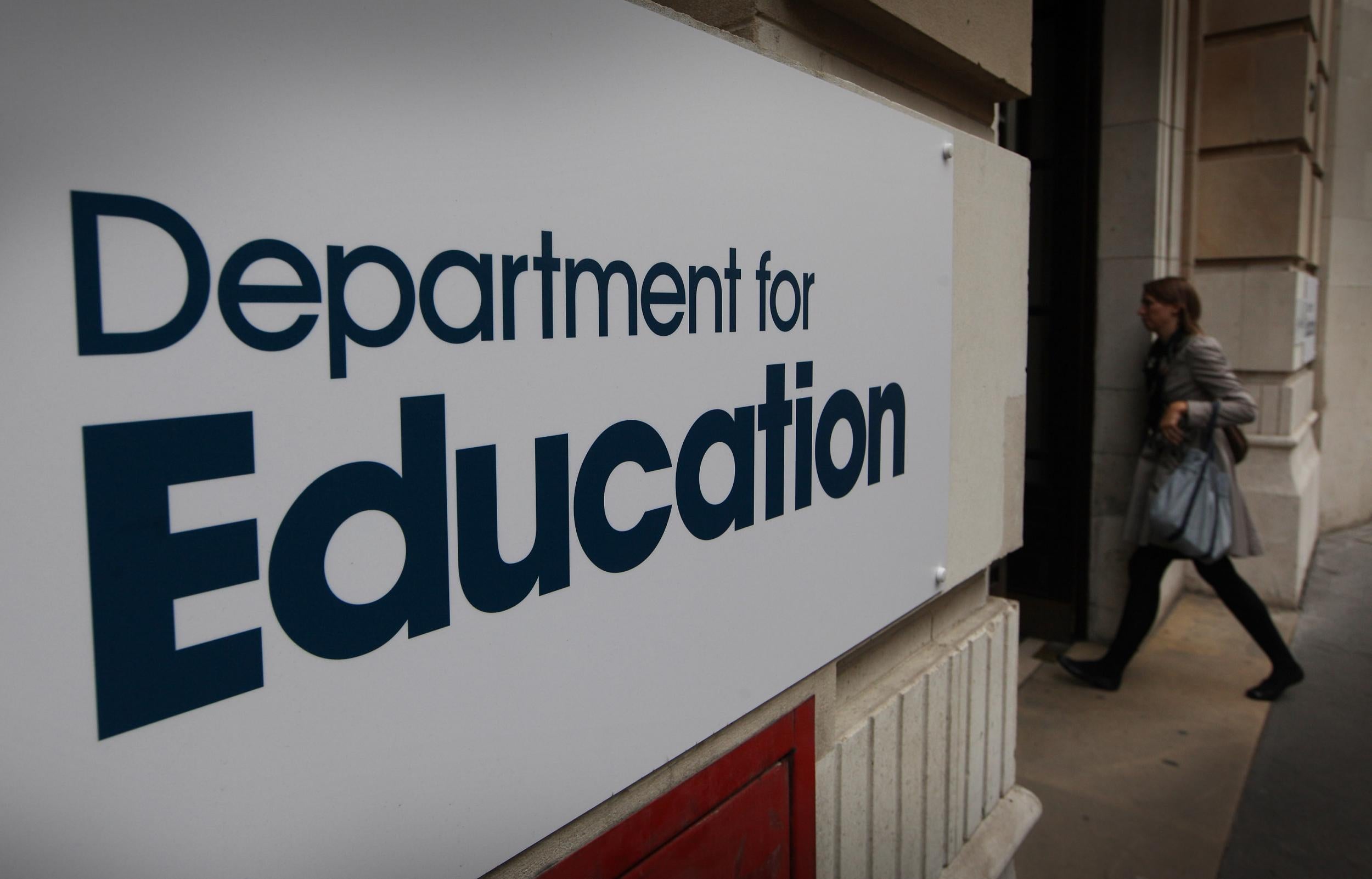School term-time holiday fines row will be heard by UK Supreme Court
Flight prices can increase five-fold for half-term getaways

The row over fining parents for taking children out of school is to go to the Supreme Court.
The judges will rule on a test case involving the daughter of Jon Platt, a businessman from the Isle of Wight. He took his daughter out of school for a holiday to Florida in April 2015, and was subsequently fined by the island’s council. He refused to pay, and was taken to court under the 1996 Education Act. Magistrates dismissed the case on the grounds that the girl “was a regular attender”.
In May 2016 the High Court agreed that he had no case to answer, because overall his daughter’s attendance was still satisfactory.
The ruling indicated that missing up to 10 per cent of school days was acceptable. In a typical academic year involving 190 days, that would amount to 19 days.
Several further cases, most recently in Swindon, have found in favour of parents.
Holiday prices rise sharply during school holidays. Flights on easyJet from Gatwick to Geneva from Saturday to Saturday over the February half-term cost up to £734 return, compared with a maximum of £159 one week earlier — an almost five-fold increase.
Three Supreme Court judges have now given permission for the Isle of Wight Council to seek to overturn that decision, with the case likely to be held in the first three months of 2017.
The Isle of Wight Council is being supported by the Department for Education. Last month the DfE published guidelines that stated: “Head teachers should only authorise leave of absence in exceptional circumstances. If a head teacher grants a leave request, it will be for the head teacher to determine the length of time that the child can be away from school. Leave is unlikely, however, to be granted for the purposes of a family holiday as a norm.”
Join our commenting forum
Join thought-provoking conversations, follow other Independent readers and see their replies
Comments